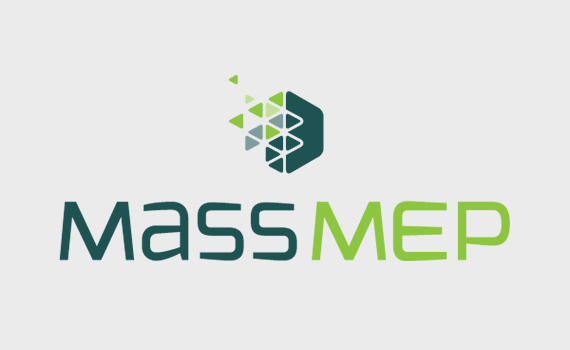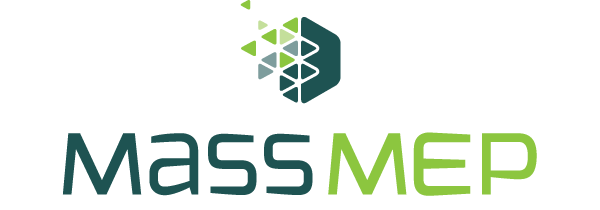
- This event has passed.
Advanced Geometric Dimensioning & Tolerancing
03/29/2023 @ 9:00 am - 12:30 pm

Even with an understanding of the fundamentals of GD&T, many professionals still lack the confidence to expertly and deliberately apply geometric tolerancing and perform tolerance stack-up analyses to clearly define their product designs. Like with any language, this deeper understanding is built off the fundamentals.
Program Logistics
- On-Site Delivery: 2 Days (16 Hours)
- Online Delivery: 4x 3.5-hour sessions (14 hours synchronous instruction + asynchronous pre-work / homework)
- Cost: $1,399
- CEUs: 1.4
- Modes of Teaching and Learning: Lecture/discussion, Individual work sessions, Group work sessions, Large print review
- Textbook: GeoTol Pro 2020, TCI
- Workbook (additional for virtual): Advanced GD&T Workbook, WPI
- Instructor: Charles A. GIllis, P.E. (bio)
Course Description & Outline
The Advanced course helps students apply GD&T to achieve the mating and functional requirements of their parts. This course reinforces fundamentals and provides applications-based exercises where students apply what they have learned. Applications exercises and calculations are performed individually and in teams. The use of functional dimensioning and tolerancing schemes and its effect on assemblies is emphasized throughout the course. Students will expand their understanding of the implications of their specifications on function, manufacturing, inspection, and quality. Students are introduced to tolerance stack-ups and how variation accumulates through an assembly. Students will gain experience and confidence selecting the product definition strategy for an assembly by working more advanced application examples with their peers under the guidance of an expert in a classroom setting.
- Basic GD&T Review: Variation and tolerance, drawing requirements, variation in perspective, 3D & Standards for interpretation. Engineering product definition & downstream processes, Bonus Tolerance, Rule #1, exceptions & overrides. Ambiguity, types of variation & tolerances, Unrelated & related AMEs. Unrelated & related MMEs. Datums and degrees of freedom. Establishing datum reference frames including datum feature precedence and datum modifiers. Additional datum applications including secondary datum feature at MMB, tertiary datum feature at MMB, calculating allowable datum feature shift, and applications for datum feature modifiers.
- Advanced Datum Reference Frame Concepts: Moveable datum targets, Two holes as datum feature, Hole and slot as datum feature, coaxial holes as a datum feature, rotational control, simultaneous requirements, customized datum reference frame. Applications and establishment of the correct functional datum reference frame.
- Tolerance Stack-Ups: Geometric controls in tolerance analysis, the tolerance stack-up chain, preliminary tolerance assignment, analysis and assignment methods.
- Profile Control Concepts: Review of profile including composite profile. Advanced concepts such as free state variation, non-rigid parts; non-uniform profile, dynamic profile. Profile verification applications & gage design. Accumulation of variation across profile tolerances.
- Position Control Concepts: Review of composite tolerancing and dual segment position tolerancing, Advanced concepts such as cylindrical tolerance zone, rectangular tolerance zone, spherical tolerance zone, conical tolerance zone, position boundary. Position verification application exercises & gage design. Determining the correct position tolerance.
- Boundaries: Boundaries and their applications in design and tolerance analysis. Determining Inner & outer boundaries for features with and without modifiers using various datum reference frames. Comparison among circular runout, total runout, position, and profile for coaxial control. Applications of various coaxial tolerances. Accumulation of variation between coaxial features.
Learning Outcomes
- Construct the appropriate functional datum reference frames for parts after analyzing the mating requirements.
- Apply datum feature modifiers where appropriate based on analyzing the requirements.
- Specify datum reference frames properly to represent the part’s functional requirements, including the use and interpretation of datum shift where appropriate.
- Apply geometric tolerancing to control features and ensure mating requirements are met.
- Combine the effects of different types of variation using the concept of boundaries, calculate boundary sizes and use boundaries properly in stack-up analysis.
- Specify tolerances to ensure multiple mating part relationships between constrained features.
- Perform tolerance stack-up analysis to assign critical tolerances.
- Apply geometric controls and symbols properly to suit the functional requirements.
- Calculate linear, axial and orientation stack-ups using parts toleranced with either numeric or geometric tolerancing
Who Should Attend
Design, manufacturing, and quality engineers and engineering technicians will find this workshop beneficial. Anyone involved with drawing review and anyone looking for a deeper understanding of how to apply geometric tolerancing and perform tolerance analysis will benefit from this course.
Prerequisites & Preparations
At least one Basic GD&T workshop/course is required as a prerequisite. It’s essential that individuals understand the underlying principles that the Basic course is focused on teaching. In addition, students should have at least 1 year of on-the-job experience applying GD&T in the development of mechanical specifications.
Register Here
Details
- Date:
- 03/29/2023
- Time:
-
9:00 am - 12:30 pm
- Event Tags:
- Manufacturing, MFG Day, Tour
Venue
- WPI/virtual
- MA United States





 his work with Dynamic Design Consulting, LLC, he helps clients with product design, design for assemblability and manufacturability, design documentation, tolerance stack-up analysis, and related capability-building. He has invented and designed mechanical and electro-mechanical devices of great diversity, from high-speed, fully-automated precision mechanisms and manufacturing machinery to kinetic sculptures installed as public art.
his work with Dynamic Design Consulting, LLC, he helps clients with product design, design for assemblability and manufacturability, design documentation, tolerance stack-up analysis, and related capability-building. He has invented and designed mechanical and electro-mechanical devices of great diversity, from high-speed, fully-automated precision mechanisms and manufacturing machinery to kinetic sculptures installed as public art.